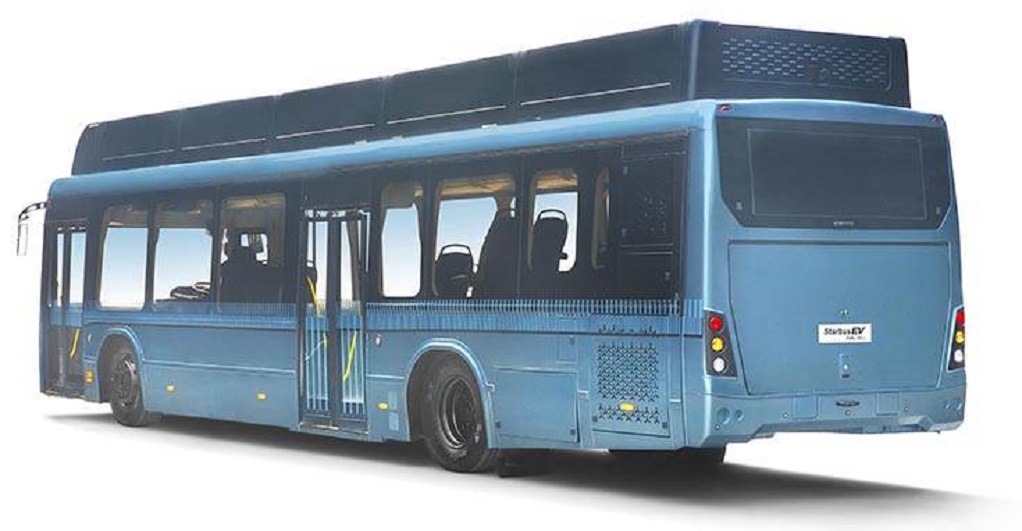Tata Motors is actively exploring a dozen alternative fuel options, including three hydrogen-based technologies, as it strives for net-zero emissions.
In a recent investor presentation, Tata Motors outlined its strategy for a future beyond conventional diesel in the CV space. In it, hydrogen emerged as a key focus area, particularly for medium and heavy-duty trucks catering to long-haul and intercity applications. While hydrogen powered vehicles remain in their early stages in India, Tata Motors sees potential in them to offer a lower total cost of ownership compared to diesel.
The push into hydrogen is fortified by the company’s joint venture with technology and engineering firm Cummins Inc. The JV’s new facility in Jamshedpur manufactures hydrogen-powered internal combustion (ICE) engines for medium and heavy CVs. Additionally, Tata Motors delivered India’s first hydrogen fuel cell buses to Indian Oil Corp last year. The oil marketing company operates 15 fuel cell buses in the Delhi-NCR region.
Beyond hydrogen, Tata Motors is keeping a close eye on other emerging fuel options. Compressed natural gas (CNG) is a prime example, with its refuelling infrastructure witnessing rapid expansion. The number of CNG stations is expected to jump from around 6,000 today to over 10,000 by 2030. Tata Motors said it is positioning itself to capitalise on this growth by ensuring its vehicles are CNG-compatible.
Liquefied natural gas (LNG) is another area of interest for the group. With over 50 operational stations expected by the year-end and projections for more than 1,000 stations by 2027, Tata Motors is ensuring its CVs are ready for this future fuel source.
The company is also exploring next-generation blended fuels like ED5. Here, the focus lies on understanding the fuel’s properties and guaranteeing material compatibility within vehicles. In the ethanol segment, Tata Motors has set its sights on E20 and beyond, aiming to achieve the necessary material and compliance standards for flexfuel vehicles by 2027. Trials are also underway with M15 methanol, another potential alternative fuel.
Biodiesel presents a different story. While Tata Motors offers B30 blends in international markets, the company awaits a clearer regulatory environment before introducing it domestically.
Tata Motors announced an increase the prices of its entire commercial vehicle range by up to 2% from July 1, 2024. According to the company, the latest price increase is “to offset the impact of rising commodity prices.” It will be applicable across the entire range of commercial vehicles and will vary as per individual model and variant. This latest price increment from July 1, 2024, marks the third price hike in the year to date for the Tata Motors’ range of CVs, and will cumulatively add up to 7%.
Tags: CV Space, Hydrogen, Tata Motors



Recent Posts
New Report Highlights Potential of Voluntary Insetting to Support Maritime Decarbonisation, Calls for Robust Safeguards
Smart Ship Hub achieves industry first with ABS emission reporting
Henkel Rolls Out India’s First Mid-Haul Re-Powered Electric Trucks for Commercial Logistics
Sustainability in Focus at 11th SIAM Automotive Logistics Conclave in New Delhi
L&T Energy GreenTech to Establish India’s Largest Green Hydrogen Plant
JK Srivastava Group and Hynfra Announce $4 Billion Green Ammonia Project in Andhra Pradesh
Andhra Pradesh Unveils Ambitious Green Hydrogen Valley Plan to Lead India’s Energy Transition
South Africa advances plans to decarbonize shipping sector